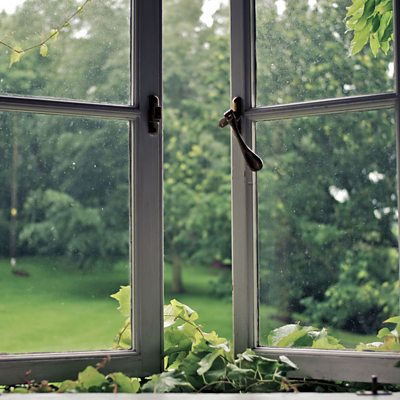Episode details

Radio 4,2 mins
'The Hindu tradition then suggests that the home is more than a dwelling-place.' Akhandadhi Das - 08/02/17
Thought for the DayAvailable for over a year
Good morning. I regard it as a miracle that my son and daughter, now working in London, decided to share a place together. But, it’ll be a greater miracle if they can ever afford to move out of their tiny basement flat to start their own families. Yesterday, the government published plans how it intends to fix what’s been termed “Britain’s broken housing market.” Measures include encouraging local councils to build a lot more new homes and there’ll be help for first-time buyers. It’s obvious to say that housing is a basic human requirement. But, what does it say about the progress of civilisation that finding a suitable and affordable home remains such a struggle, or even beyond the reach, for so many? Forty years ago, I visited Bhuvanesvara in eastern India. Along a busy road there was a line of Neem trees. And under the shade of each tree lived a family. Their few possessions were laid around them, rice and dahl boiled on a small stove and the kids laughed and played. I felt I was seeing two things: On one hand, there was the dire injustice of these families living homeless on the streets. Yet, here was the essence of what a home is – the love and togetherness of a family, regardless of circumstances. Much has been said about what turns a house into a home. An ancient Hindu text, the Atharva Veda says that a house becomes a home when it manifests a micro-world as an extension of ourselves. A new home is regarded as such a blessing that the Veda says: “O Queen amongst buildings, O future scene of births and young life, of love and joy, come and meet your new owner.” And, in encouragement to planners, developers and builders, it adds: “May whoever receives you be blessed and whoever built you enjoy long life.” The Hindu tradition then suggests that the home is more than a dwelling-place. It’s doors, the Veda says, open to the cosmic order. The home is considered an ashram - not in the sense of a monastery - but “ashram” as a spiritual sanctuary; somewhere we can recharge from the pressures of the world and nurture our family with love in the shelter of our relationship with God. Hence, many Hindu homes contain a shrine or a dedicated place for worship and meditation. And many families start and conclude each day with some simple observance as a reminder that God also dwells amongst them. Another meaning of this word “ashram” is a place free from arduous strain. So, perhaps it shouldn’t seem so incredibly difficult for everyone to afford some suitable place that is their sacred space – somewhere they can call home.
Programme Website